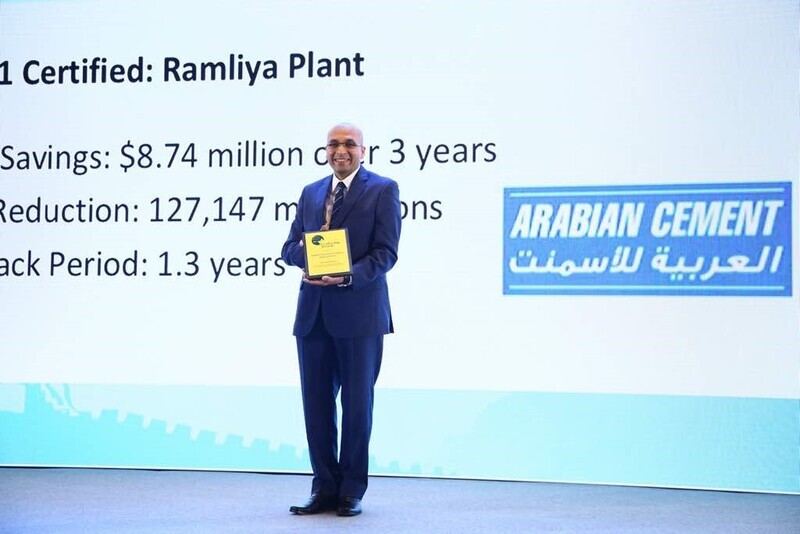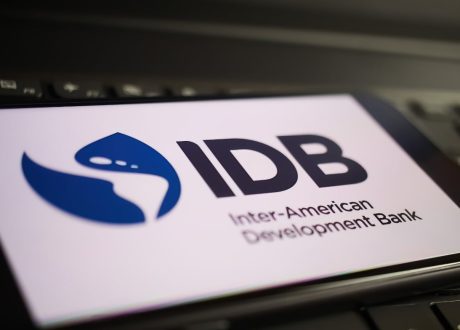By
Marwa Nassar
-
-
Egypt’s Arabian Cement Company (ACC) has provided an example for cement companies by adopting innovative methods which led not only to cutting energy costs, but also reducing greenhouse gas emissions.
Since implementing the ISO 50001 standard in 2014, the ACC managed to reduce its carbon emissions by 15 percent. If this example is widely followed by other cement producers, it could make a major contribution to helping save the planet from climate change.
Cement production is a major contributor to climate change.
According to Chatham House, the chemical and thermal combustion processes involved in the production of cement are a large source of CO2 emissions. Each year, more than 4 billion tons of cement are produced, accounting for around 8 percent of global CO2 emissions.
Moreover, cement production requires temperatures above 950°C to process raw materials such as limestone and chalk into cement clinker – this is a very energy intensive process.
Seeking to take responsible climate action, Mahmoud Mohsen, Energy Manager for New Cairo-based Arabian Cement Company (ACC), decided to participate in the
ISO 50001 energy management systems training in Cairo provided by the UN Industrial Development Organization (UNIDO).
“I have to say this program came at just the right time for ACC. It really was a fantastic training opportunity and a great initiative by UNIDO,” said Mohsen, who went on to lead his company’s journey toward energy efficiency.
ACC march towards climate action, saving energy
Participating in the UNIDO energy management training and becoming a certified ISO 50001 auditor was the easy part,” explained Mohsen, adding that changing his company’s culture around energy conservation and efficiency was one of the biggest barriers he had to overcome.
For Mohsen, the secret to success was ensuring that positive results were communicated and shared so that all of the staff felt as though they were part of the solution.
“We started by generating awareness among employees especially around the importance of implementing energy efficiency practices, not just in the company but also in their own homes and beyond,” says Mohsen.
In order to incentivize ACC employees, Mohsen made a concerted effort to include staff in each step of the process by encouraging them to suggest solutions which could improve energy productivity.
“We implemented an ‘ideas box’ and encouraged everyone to write down all of their ideas to optimize energy in the company. We even published some the really good ideas on our website,” explains the engineer.
As new measures and practices were introduced, Mohsen communicated how much energy the company saved on a monthly basis with respect to collectively agreed targets and performance indicators.
It turned into a contest for ACC employees who became determined to improve energy productivity from one month to the next.
Achievements realized
The results speak for themselves. Since implementing the ISO 50001 energy management standard, Mohsen says that ACC has reduced its overall energy consumption by 2 percent.
With an annual production of two million tons per year, ACC could roughly power
2,850 homes in Egypt every year with the energy it has saved.
Today, ACC is considered a pioneer and a leader in the field of industrial energy efficiency.
The company copped many awards, including the MVW Lechtenberg & Partner 2019 Alternative Fuel Award; the 2017 Middle East Region Project of the Year Award from the Association of Energy Engineers; and the Excellence in Energy Management Systems from the Energy Management Working Group of
The Clean Energy Ministerial.
But for Mohsen, these achievements are just the beginning. “We believe that protecting the environment is everyone’s responsibility,” says the ambitious energy manager.




اترك تعليقا